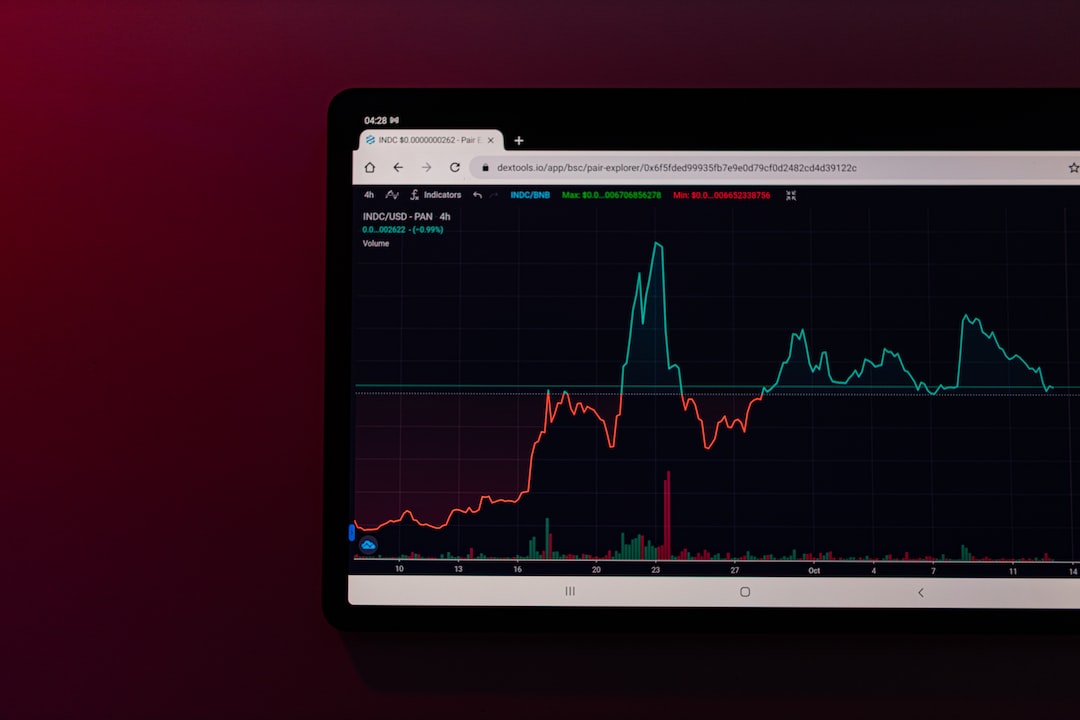Proposed Ban on Token Conversion to Fiat Currency
The General Administration of Press and Publication of China (GAPP) has recently released a draft outlining significant changes in the regulation of in-game tokens within the online gaming industry. This move marks a strategic alteration in the country’s approach to digital currencies in gaming.
The Future of Gaming Crypto Tokens
Under the new guidelines, the GAPP proposes a ban on the conversion of game tokens into physical goods or legal tender. This regulation affects a myriad of online gaming practices, encompassing 62 articles. Moreover, it introduces stringent requirements for gaming companies. These include mandatory licensing in China, a two-year data retention policy, strict adherence to national and socialist values in content, and the elimination of anonymous user registrations.
Article 23 of the guidelines specifically addresses the use of game tokens, proposing restrictions on their exchange for physical goods, services, or legal tender. The ambiguity around cryptocurrencies, which are not recognized as legal tender in China, adds complexity to the interpretation of these regulations. Additionally, game providers face new limitations on inducements, like bonuses for registration or daily logins, and are required to implement measures against irrational consumer spending.
The guidelines, currently open for public consultation until January 22, 2024, have not yet been legally enacted. This period allows for feedback and potential adjustments before they become enforceable. According to DappRadar, the Web3 gaming sector has seen significant activity, with around a million unique active wallets engaged daily over the past three months. These new regulations could substantially influence the industry’s trajectory, as experts like Yat Siu of Animoca Brands predict a potential surge in user engagement.
Hot Take: The Impact on China’s Gaming Industry
The proposed ban on token conversion to fiat currency and the stringent regulations outlined by the GAPP will have a significant impact on China’s gaming industry. With restrictions on exchanging game tokens for physical goods or legal tender, gaming companies will need to adapt their business models and find alternative ways to incentivize players. Additionally, the requirement for mandatory licensing, data retention policies, and content adherence to national values will pose challenges for game providers. The success of these regulations in curbing irrational consumer spending remains to be seen. Overall, these changes could reshape the landscape of the Chinese gaming market and influence user engagement in the future.





 By
By
 By
By
 By
By
 By
By
